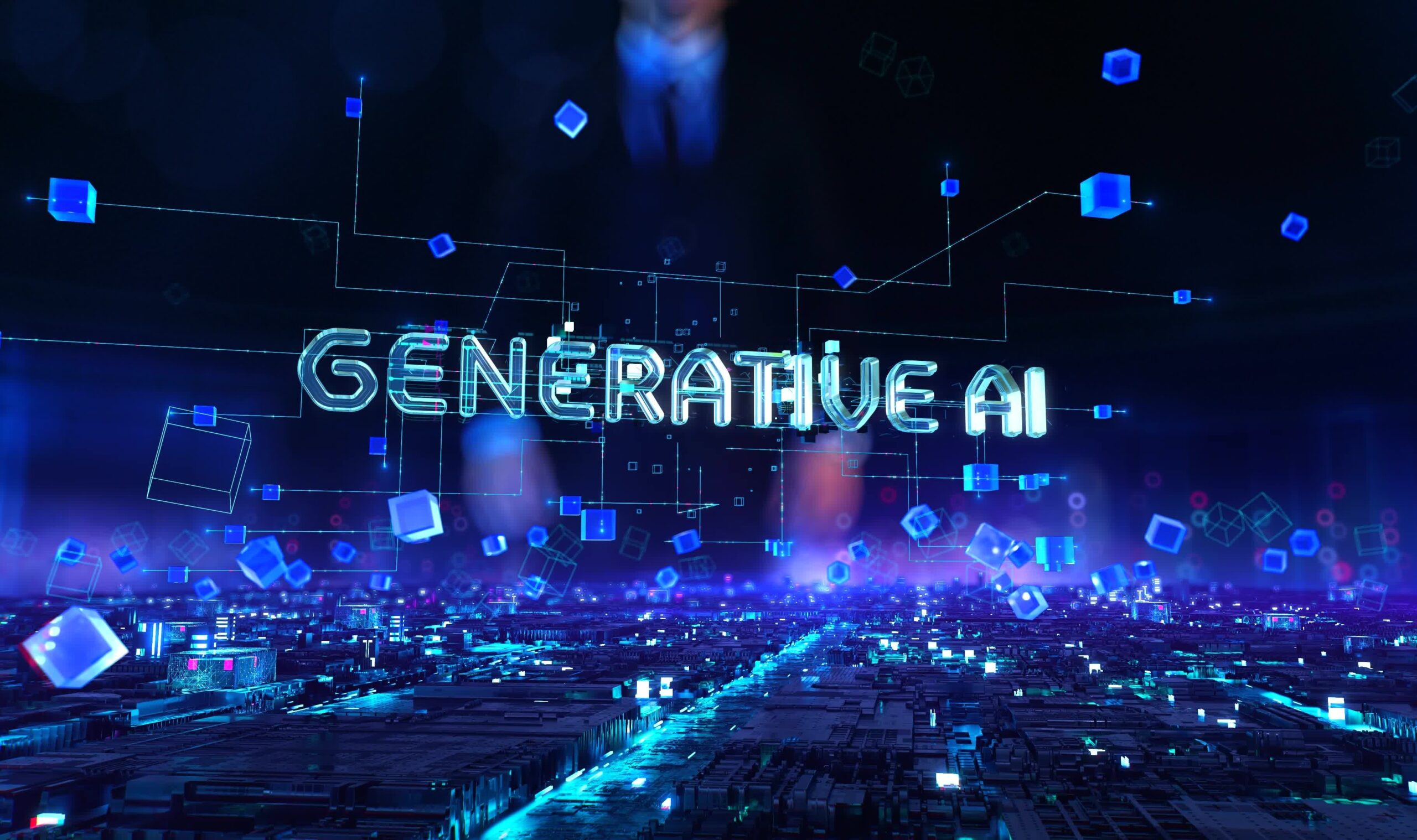Thibault Dousson – Director, Lenovo Services and Solutions Group, META, discusses how the company is leveraging AI to personalise hybrid work solutions, driving sustainability efforts with TruScale, and helping businesses navigate their digital transformation journeys
Lenovo has placed a strong emphasis on digital workplace solutions. How are you leveraging AI to enhance or accelerate the ongoing hybrid work trend?
The hybrid workplace trend has been growing rapidly, especially since COVID-19. Many companies now have employees working from anywhere, and this distributed workforce creates a need for new technologies and robust security measures. At Lenovo, we’re providing digital workplace solutions that ensure these employees are well-equipped and secure, regardless of where they work.
One of our key focuses is on security and resilience. We deploy security patches across the board and analyse data from end users to help IT departments better understand how employees use their equipment. This enables us to offer personalised solutions tailored to the needs of different departments, making sure each user has the right tools for the job. Personalisation is crucial because a one-size-fits-all approach doesn’t work in today’s dynamic workplace environments. We aim to improve user satisfaction by delivering customised solutions that meet their specific needs.
Can you elaborate on how this personalisation works? Are there certain industries that benefit more from this approach?
Personalisation depends on the needs of each organisation, but it’s relevant across all industries—from SMBs and NGOs to education. For example, we worked with a bank in Saudi Arabia where 500 employees were using the same type of laptop, regardless of their job role. Some employees were satisfied, while others weren’t. The IT department approached us because they didn’t know how to address these varying needs.
To solve this, we installed Lenovo Device Intelligence (LDI) agents on their laptops to gather data. We found that different departments had different requirements: the marketing team needed more powerful graphics capabilities, the sales team needed longer battery life, and the finance team needed higher processing power. Based on this analysis, we suggested dividing employees into groups and providing them with laptops tailored to their specific roles. This approach significantly improved user satisfaction, as employees received devices that better suited their daily tasks.
Additionally, the LDI agent provides insights that allow us to deploy security patches and monitor the health of machines. We can even send a technician before a machine breaks down, making the process more predictive and enhancing productivity. This type of digitalisation helps customers maximise their IT investments.
How does Lenovo TruScale fit into these solutions?
Lenovo TruScale is a pay-as-you-go model that allows customers to use high-performance computing infrastructure, data centres, and storage on a flexible basis. Instead of making large upfront capital investments, customers pay for what they use each month. This flexibility lets companies scale up when they have more work and scale down when demand decreases. It’s a cost-effective solution that provides companies with more control over their IT infrastructure.
Sustainability is also a key focus for Lenovo. How does TruScale contribute to your sustainability goals?
TruScale helps companies reduce their resource use, which in turn lowers their carbon footprint. By allowing equipment to be reused instead of disposed of, it also reduces waste. However, TruScale is just one part of our broader sustainability efforts.
Lenovo is committed to achieving net-zero emissions by 2050, and we’re taking concrete steps to get there. We’re working to minimise emissions at our production facilities, using more sustainable packaging, and even using eco-friendly fuels for shipping. Recently, we launched Lenovo’s Intelligent Sustainability Solutions Advisor (LISSA), a New AI-powered capability to help businesses reduce IT footprint. Our goal is to create the greenest possible environment for both Lenovo and our customers.
Looking ahead, what trends do you see in terms of supporting the digital workplace and helping organisations meet their sustainability goals?
Digitalisation is here to stay. Many companies are still working on digitalising their processes, and artificial intelligence will play an increasingly important role in helping them make decisions. AI models are also being developed to help organisations meet their sustainability targets and get closer to achieving net-sero emissions.One example we’re excited about is Lenovo’s Neptune liquid cooling system for data centres. Instead of using air conditioning to cool servers, we use liquid cooling, which generates heat that can then be repurposed to power nearby facilities. This is no longer futuristic—it’s happening now. AI will continue to push us closer to the sustainability goals we’ve set for ourselves and for our customers.









Discussion about this post